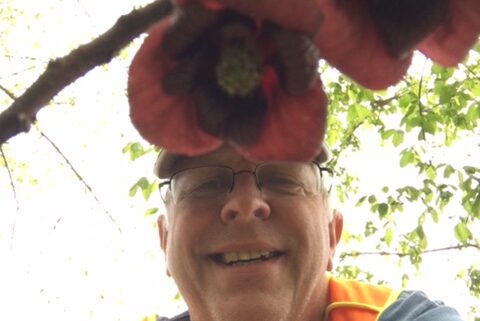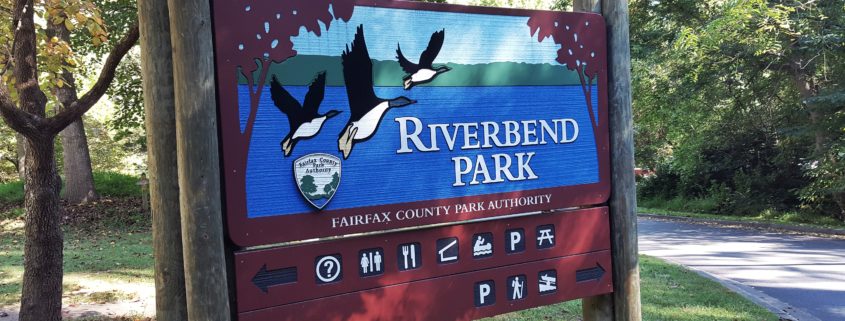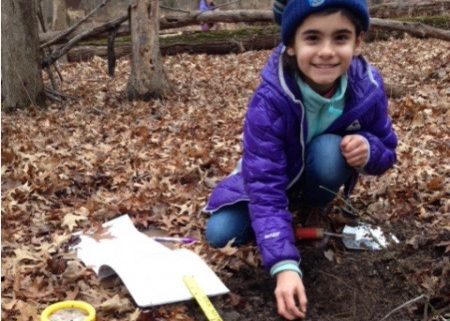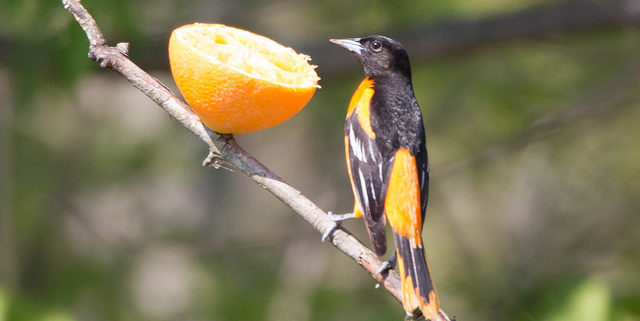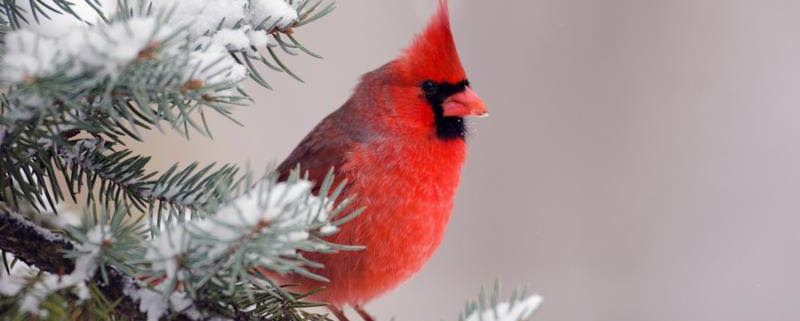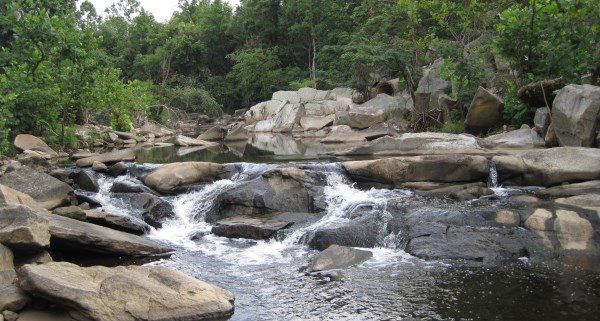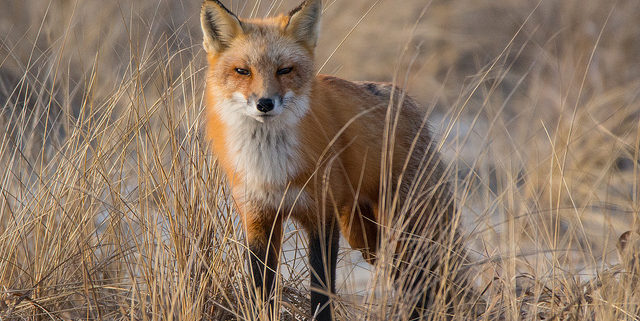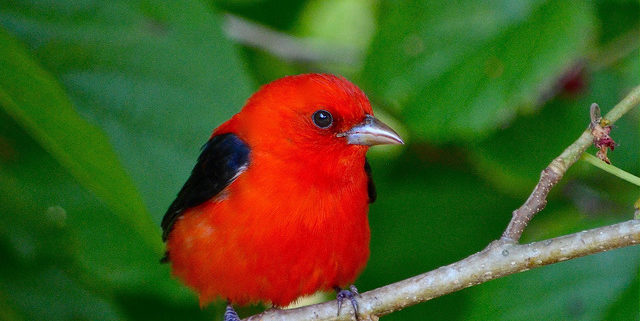Bill Hafker
They’ve been called the American Custard Apple and the West Virginia banana, but Paw Paws (Asimina trilob) are native to much of the eastern United States, typically growing in groups along streams and rivers. They have a large simple leaf and produce the largest fruit indigenous to the U.S. They also feature an unusual deep purple flower that gives off a fetid odor to attract beetles and carrion flies for pollination (the trees predate bees and butterflies as pollinators).
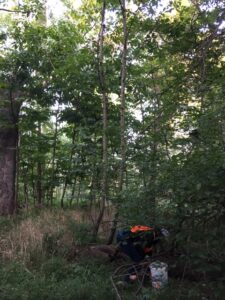
Paw paw trees. Photo: Bill Hafker
Fortunately, the fruit itself is very tasty to humans, too, and is the star ingredient in a dessert bread and pudding. Its flavor is often described as a cross between a banana and a mango. What follows is some useful lore for collecting paw paws and preparing these local treats.
When, where, and how to collect paw paws
In northern Virginia, paw paws ripen during late August and September. Because they spoil as quickly as they ripen, you will want to investigate their ripeness at the site from which you intend to collect them. Be sure that you have permission to collect them on the sites where you find them. Rules vary in the national, state, and county parks.
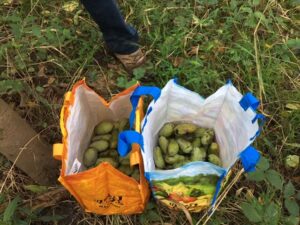
Collecting paw paws. Photo: Bill Hafker
Ripe paw paws will typically fall from the tree, and are best collected from the ground. Gently shaking a tree will also cause ripe fruit to fall to the ground. If you opt for fallen produce, check to make sure it is neither rotten nor full of scavenging ants.
You can also buy them online at Integration Acres or Earthy Delights, and in some stores or farmers markets.
Cleaning paw paws and preparing the pulp
Many recipes call for paw paw pulp in 1-cup units, so it is convenient to freeze it in one cup quantities that you can thaw and use as you wish. One cup of paw paw pulp equals approximately 3 medium mashed overripe bananas.
To get started, remove the skin in any way that you find convenient (e.g., peel them with a knife or vegetable peeler, cut them open with a knife and scoop them with a spoon). Pulp adheres to the seeds, which are large enough to suck on, though you’ll want to avoid swallowing them.
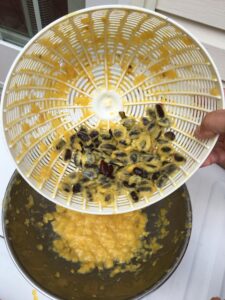
Using a spinner to process pulp off the seeds. Photo: Bill Hafker
It is time-consuming to prepare the pulp in bulk by trying to clean one paw paw at a time. I’ve found that the best way to process the pulp is to peel several fruits at one time and place them in the internal spinning part of a salad spinner that has been taken out of the rest of the spinner. Aggressively rubbing the fruit against the ribs of the spinner presses the pulp through the openings and into a bowl. You’ll want to make sure that you press the seeds firmly against the ribs to scrape off all of the pulp. When only relatively clean seeds remain, discard them and repeat the process with pulp-laden ones.
Ready to bake?
Paw Paw Bread
You can replace bananas with paw paw pulp in your favorite banana bread recipe. Our family recipe calls for 1 cup of mashed paw paws, 1 cup of sugar, 1 egg, 1 ½ cups flour, ¼ cup melted butter, 1 tsp baking soda, and 1 tsp salt. You’ll want to mix all the ingredients until the batter is smooth, without over stirring. Pour the batter into a Teflon or buttered loaf pan. Bake 1 hour in a preheated oven at 325 degrees.
Paw Paw Pudding
This recipe from the New York Times is in the style of a bread pudding or English pudding (not Jello pudding).
Enjoy!



